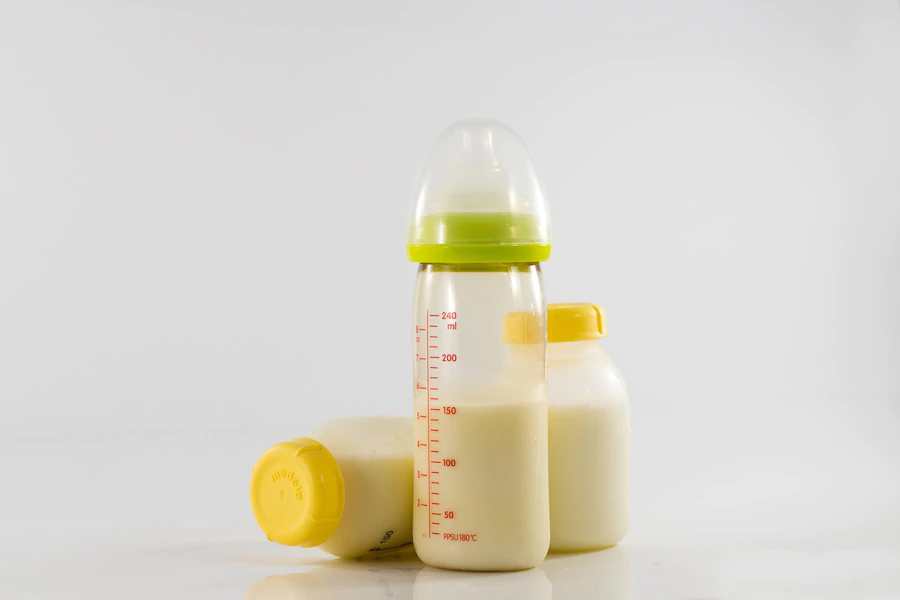Introduction:
Pinkeye, medically known as conjunctivitis, is a common eye condition that can affect people
of all ages, including newborns.
Newborns are particularly susceptible to developing pinkeye due to their delicate immune
systems and exposure to various environmental factors.
In this article, we’ll delve into the signs and symptoms of pinkeye in newborns, providing
valuable insights for parents and caregivers to ensure prompt identification and appropriate
care.
Understanding Pinkeye in Newborns:
Pinkeye is characterized by the inflammation of the conjunctiva, the thin membrane that
covers the white part of the eye and the inner surface of the eyelids.
In newborns, pinkeye can be caused by bacterial, viral, or allergic factors.
Bacterial and viral conjunctivitis are highly contagious and can spread rapidly, especially in
hospital settings.
Allergic conjunctivitis, on the other hand, is often triggered by allergens in the environment.
Signs and Symptoms:
Redness:
One of the most noticeable signs of pinkeye in newborns is redness in the white part of the
eye (sclera) and the inner eyelids.
This redness can range from a faint pink hue to a more intense, bloodshot appearance.
Excessive Tearing:
Newborns with pinkeye may exhibit excessive tearing or watery eyes. This is a result of the
inflammation and irritation caused by the condition.
Eye Discharge:
Another hallmark symptom is the presence of eye discharge.
The discharge can range from clear and watery to thick and pus-like, depending on the
underlying cause of the pinkeye.
Swelling:
Swelling of the eyelids, especially the inner corners of the eyes, can be observed in
newborns with pinkeye.
This swelling may contribute to discomfort and a general sense of irritation.
Sensitivity to Light:
Newborns with pinkeye might display sensitivity to light, medically known as photophobia.
They may squint or avoid bright lights due to the discomfort caused by the inflamed
eyes.
Matting of Eyelids:
Overnight, the discharge from pinkeye can cause the newborn’s eyelids to stick together.
This can result in difficulty in opening the eyes upon waking up.
Rubbing Eyes:
Newborns may rub their eyes frequently due to the discomfort caused by pinkeye.
While this is a natural response, it can exacerbate the inflammation and worsen the
condition.
Fever:
In some cases, especially with bacterial or viral conjunctivitis, newborns may develop a fever.
This can be a sign that the infection is spreading beyond the eyes.
Conclusion:
Recognizing the signs and symptoms of pinkeye in newborns is crucial for timely intervention
and proper management.
If you suspect that your newborn has pinkeye, it is recommended to consult a pediatrician or
a healthcare professional.
The appropriate treatment will depend on the underlying cause of the pinkeye.
Early detection and appropriate care can help alleviate discomfort, prevent complications,
and ensure the overall well-being of your precious newborn.
Remember that this article is for informational purposes only and should not replace
professional medical advice.
Always consult a healthcare provider for accurate diagnosis and treatment
recommendations.











